20+ Years Experience
Specialist Education Providers

Enquire Today For A Free No Obligation Quote
Are you perplexed about how to best support your child’s development in the crucial early years? Free play has been found to be critical for the healthy growth and development of young children.
In this article, we will explore the importance of free play optimal child development and how it can benefit your child’s overall well-being.
Free play is the unstructured, voluntary, and imaginative play that encourages children to initiate and direct themselves, without any external rules or guidelines.
This type of play allows children to freely explore, create, and interact with their surroundings, promoting creativity, problem-solving abilities, and emotional regulation.
In the early years of a child’s development, free play time has been recognised as a crucial aspect of their growth and learning. While it may seem like simple playtime, free play has numerous benefits that aid in a child’s overall development.
In this section, we will delve into the reasons why free play is essential for early years children.
From fostering creativity and imagination to improving social skills, enhancing physical health and promoting problem-solving abilities, free play offers a variety of advantages for young children.
Join us as we explore the importance of free play for early years children.
To further enhance creativity own play experience and imagination, parents and educators can also incorporate art, music, and storytelling into free play, nurturing a well-rounded early years experience.
Play England, an organisation promoting the benefits of free play, has championed the importance of play in creating highly motivated and socially adept individuals. Their initiatives have highlighted the significance of examples of free play in allowing children to take on adult roles and engage in unstructured play, which has been linked to improved social skills and overall well-being.
Tip: Incorporate diverse physical activities to keep children and young people engaged and motivated to stay active.
As children grow and develop, their cognitive abilities are constantly evolving. Free play, especially during the early years, has been proven to have a significant impact on cognitive development.
In this section, we will discuss the various ways in which free play benefits cognitive development.
From using gross motor skills and enhancing memory and attention span through role play in family life and new environments, to stimulating curiosity and exploration through outdoor learning and new experiences, free play offers a wealth of opportunities for cognitive growth.
Additionally, we will explore how free play can develop language skills and foster self-regulation and self-control, providing children with essential tools for sound mental health and successful transitions such as starting a new school.
In the early years child development, families utilised role play to enhance cognitive development, immersing children in new environments and experiences to foster memory and attention span.
In the 19th century, free play was considered an essential tool for children’s development, providing regular opportunities and play space for them to foster a sense of self-regulation and control. This approach was particularly important when children were starting new schools, helping them build emotional balance and resilience.
Free play is a crucial aspect of a child’s early years development, as it allows them to explore their world and themselves in a safe and unstructured environment. However, not allowing children to engage in free play can have serious consequences for healthy psychological development.
In this section, we will discuss the risks of restricting free play for early years children. From hindering their social and emotional skills to impacting their physical health and creativity, we will highlight the potential drawbacks of not allowing children to engage in free play.
Suggestions: Embrace pretend play and support diverse play experiences to nurture creativity and imagination in your early childhood years children.
Restricting free play in early years children may lead to behavioural issues by inhibiting their emotional balance and social development.
Without the concept of choice and the opportunity to engage in self-directed activities, children may struggle to develop sound mental health and adapt to starting a new school, as well emotional well being well as other new experiences.
Children in a caring environment with opportunities for free play are often highly motivated to explore and learn, leading to positive outcomes in various aspects of their development.
As parents and educators, it is crucial to understand the value of free play for early years children. By allowing children to engage in unstructured play, we are fostering their creativity, problem-solving skills, and overall development.
But how can we encourage free play in a safe and caring environment?
In this section, we will discuss the importance of providing stimulating and active free play environments, including outdoor learning and introducing children to new environments. These elements can enhance children’s free play experiences and facilitate their growth and learning.
Allowing young children to engage in free play is crucial for their overall development and to maintain emotional balance and well-being.
While structured activities and supervision are important, unstructured and unsupervised playtime is equally essential.
In this section, we will discuss the concept of free play and the benefits it offers to children in their early years.
From developing creativity and imagination through outdoor learning and role play, to enhancing social skills through key stages and play England’s guidelines, free play is a highly motivated and caring environment for children to learn and grow.
Additionally, we will explore how free play can improve physical health and motor skills, as well as encourage problem-solving and decision-making skills, all of which are important for a child’s emotional and mental well-being.
Free Play plays a crucial role in the development of early years children as it allows them to choose what they want to do, how they want to do it, and when they want to stop and try something else. This fosters their independence, creativity, and problem-solving skills.
Through Free Play, children have the opportunity to engage in social interactions and learn important skills such as sharing, negotiation, and turn taking.
This allows them to understand the importance of working together and respecting others’ boundaries.
Free Play allows children to explore and learn about the society they live in and the world around them. Through role play and imaginative play, children explore how they can develop social skills, conquer fears, and practice adult roles. This helps them to develop a sense of self and empathy towards others.
Free Play can help the children learn to deal with and come to terms with new environments and experiences, such as starting a new school.
It allows them to gradually build their confidence and independence, making it easier for them to settle into their new environment.
Given the freedom to play and be creative, children can learn to solve problems for themselves, use their imagination, and think critically. This helps them to become well-rounded individuals and equips them with the skills they need to navigate the world around them.
Free Play involves physical movement and activities that help to develop gross and fine motor skills, strength, and stamina. This prepares children for the physical demands of school and promotes overall physical health and wellbeing.




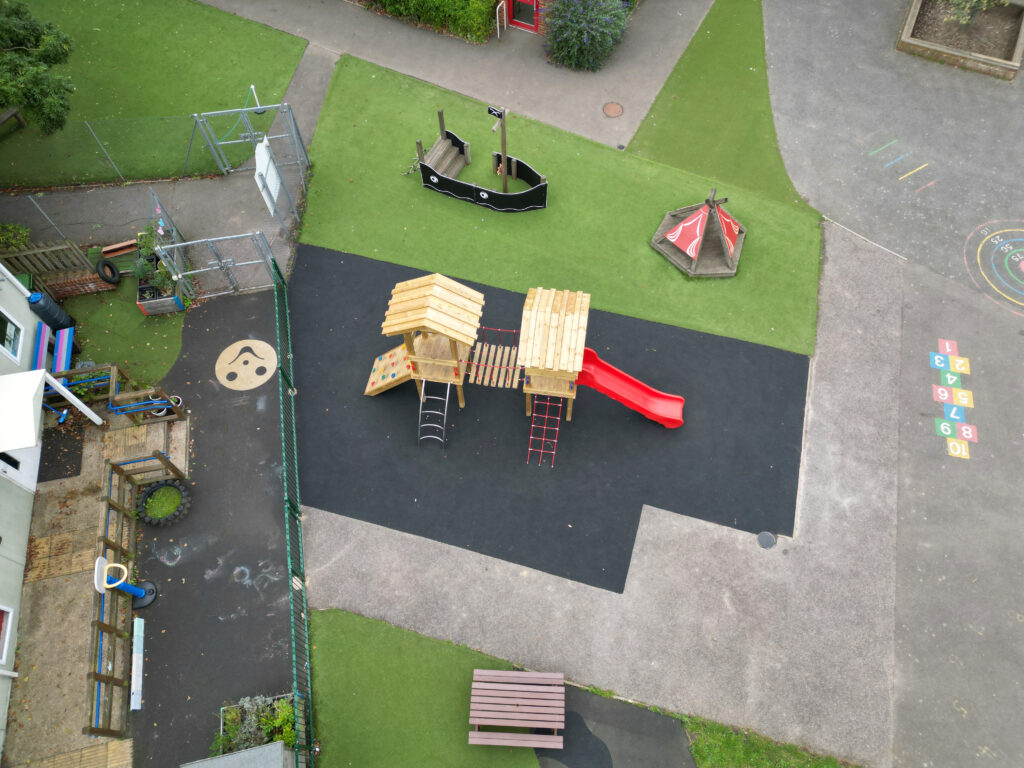

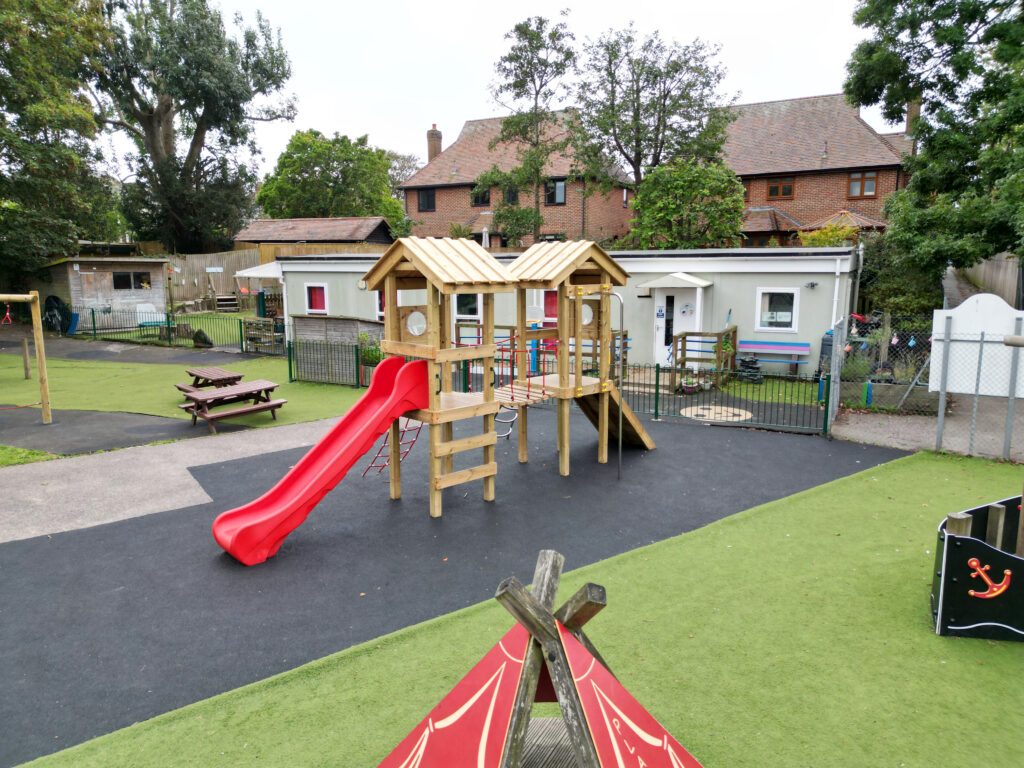
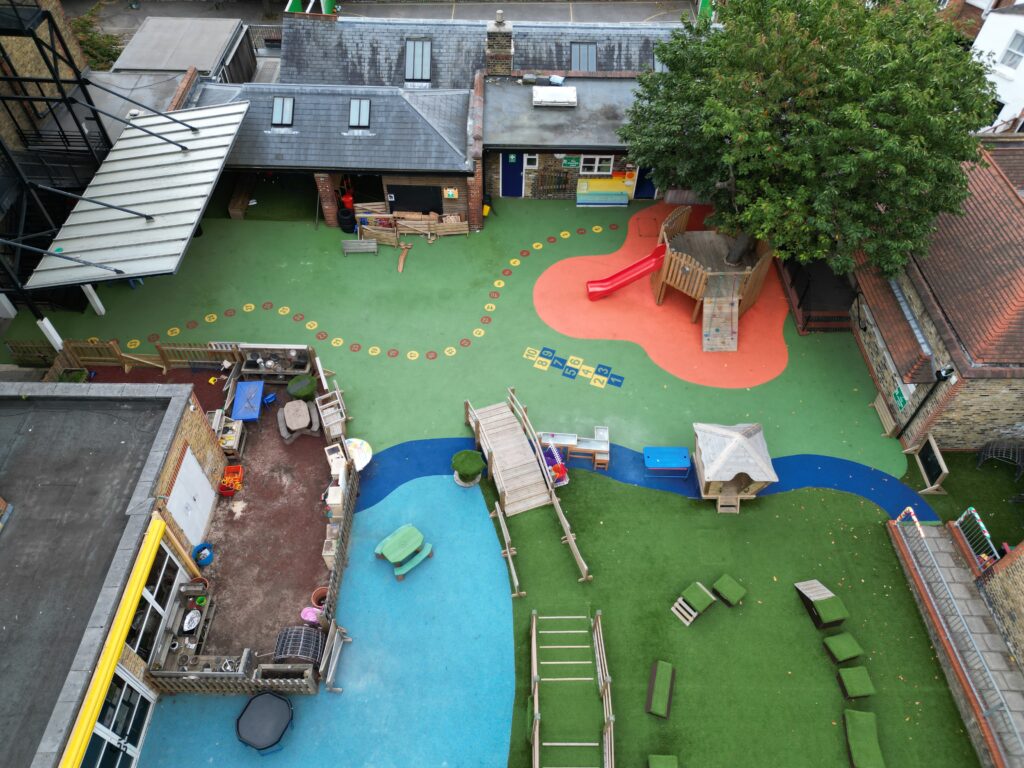






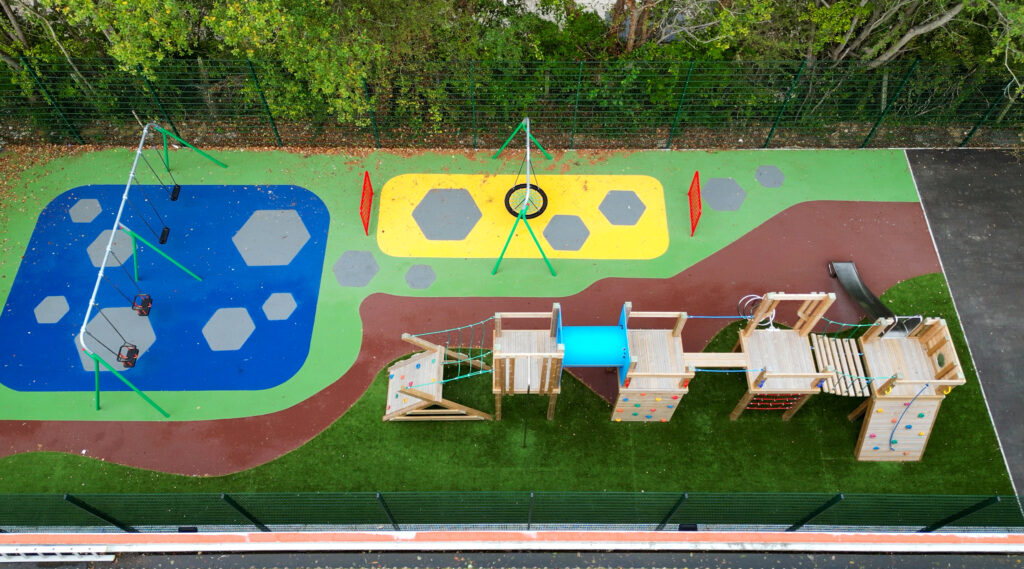










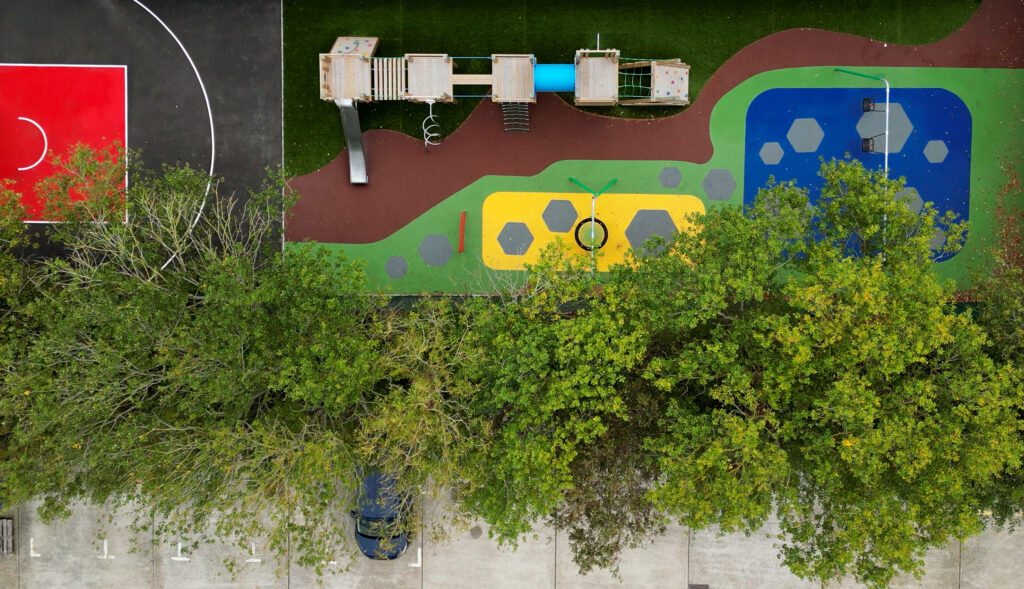









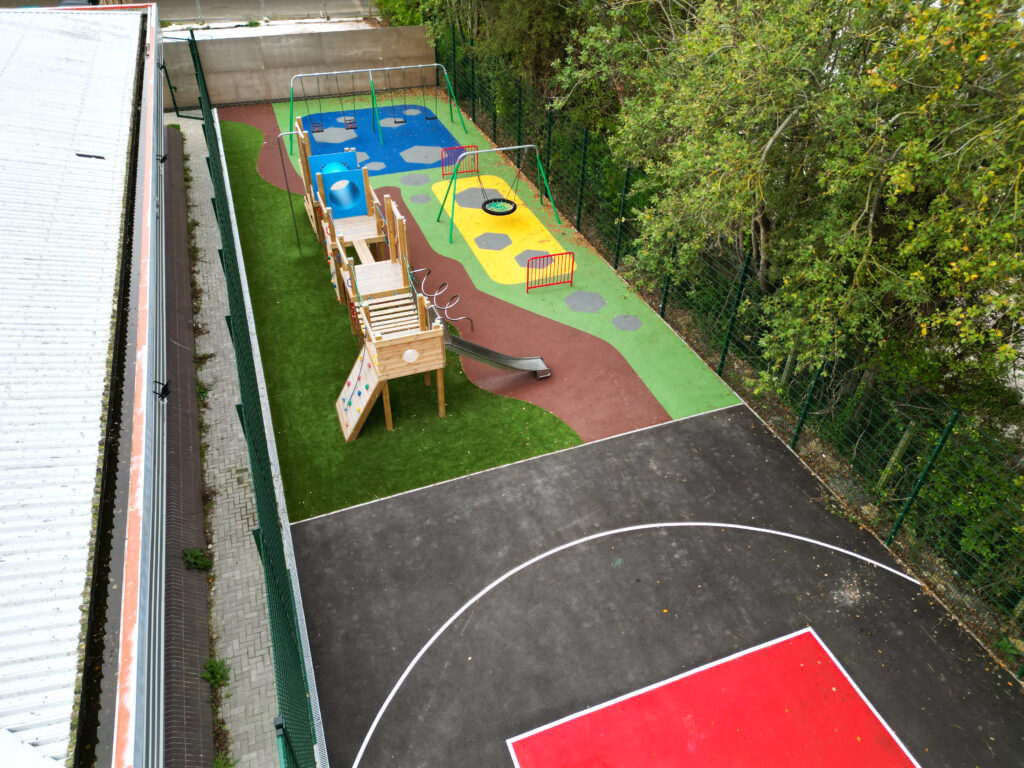



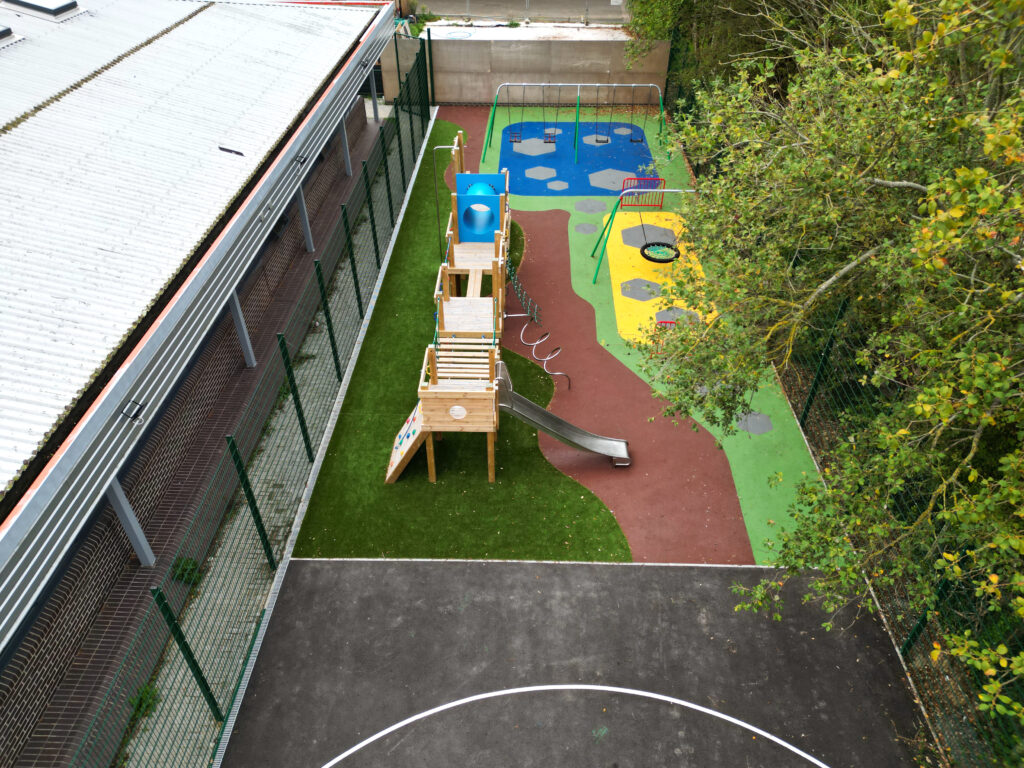







We Aim To Reply To All Enquiries With-in 24-Hours